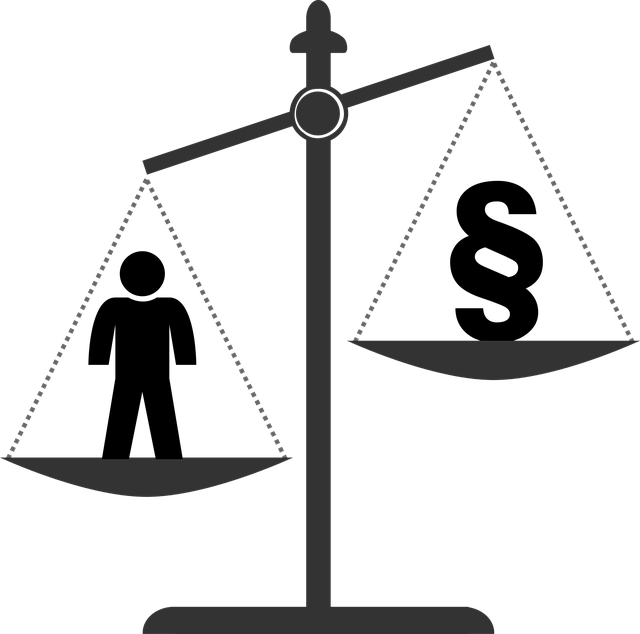Antitrust violation cases navigate a complex legal landscape, balancing accountability with defendant rights, particularly within white-collar defense strategies. Jury trials serve as transparent forums for reaching just verdicts in intricate matters. Defendants enjoy fundamental rights like the presumption of innocence and right to legal counsel, protected by the Fifth Amendment against self-incrimination. Balancing prosecution evidence with defendants' (often large corporations) thorough investigation rights is crucial for maintaining market competition integrity and ensuring fair trials.
“Antitrust violation cases pose complex challenges, especially regarding defendants’ rights in criminal proceedings. This article offers a comprehensive legal perspective on these intricate matters. We explore the balance between holding corporations accountable and safeguarding defendants’ protections. From understanding the nuances of antitrust law to ensuring fair trials, this piece delves into key considerations. By examining both the prosecution’s and defense’s viewpoints, we shed light on the critical issues facing courts today, emphasizing the importance of due process in high-stakes litigation.”
- Understanding Antitrust Violation Cases: A Legal Perspective
- Defendants' Rights and Protections in Criminal Proceedings
- Key Considerations for Fair Trials in Antitrust Litigation
Understanding Antitrust Violation Cases: A Legal Perspective

Antitrust violation cases are a complex legal arena where companies and individuals face scrutiny for stifling competition and distorting market forces. From a legal perspective, understanding these cases involves delving into the intricate web of regulations designed to promote fair trade practices. The primary focus is on ensuring that businesses operate within ethical boundaries, fostering a competitive marketplace.
These legal battles often involve defendants with significant rights in criminal cases, particularly when it comes to white-collar defense strategies. An unprecedented track record of successful prosecutions and acquittals highlights the delicate balance between holding wrongdoers accountable and safeguarding the rights of those facing allegations. Jury trials play a pivotal role here, as they offer a transparent platform for presenting evidence and arguments, crucial for reaching just verdicts in these complex cases.
Defendants' Rights and Protections in Criminal Proceedings

In criminal proceedings involving antitrust violation cases, defendants enjoy certain fundamental rights and protections guaranteed by law. One of the key rights is the presumption of innocence; defendants are considered innocent until proven guilty beyond a reasonable doubt. This principle ensures that the burden of proof rests squarely on the prosecution, protecting individuals from wrongful convictions. Additionally, defendants have the right to legal counsel, allowing them to mount an effective defense through strategic advocacy and cross-examination of witnesses.
The US legal system also provides defendants with protections against self-incrimination, ensuring they are not compelled to offer testimony that could be used against them. This right, often invoked through the Fifth Amendment, is crucial in white-collar defense strategies, enabling suspects to avoid involuntarily revealing information that might lead to an indictment. Across the country, these rights ensure that individuals facing antitrust charges receive a fair trial, balancing the need for legal accountability with the presumption of innocence and due process.
Key Considerations for Fair Trials in Antitrust Litigation

In antitrust violation cases, ensuring fair trials is paramount to upholding the integrity of competition in the market. Key considerations for achieving this include protecting the rights of defendants, who are often large corporations with significant legal resources. Balancing the prosecution’s need to uncover and present evidence with the defendant’s right to a thorough and impartial investigation is crucial. This means that across the country, legal systems must strive to provide transparent procedures, minimizing potential biases that could sway jury trials.
Additionally, the complexity of antitrust litigation demands that defendants are afforded adequate opportunities to challenge the accusations against them. Winning challenging defense verdicts is not merely about defeating prosecution arguments; it’s about ensuring that justice is served and that market participants are protected from baseless or overreaching legal actions. This involves meticulous legal strategies, robust cross-examination of witnesses, and a relentless pursuit of facts that may exonerate or mitigate the charges.
Antitrust violation cases present unique challenges for both prosecutors and defendants, requiring a nuanced understanding of legal rights and protections. Ensuring fair trials is paramount, especially with complex economic issues at play. By recognizing the significance of defendants’ rights in criminal cases, from due process to effective representation, we can navigate these proceedings justly. This balanced approach fosters integrity within the legal system, upholding both competition and individual entitlements.






